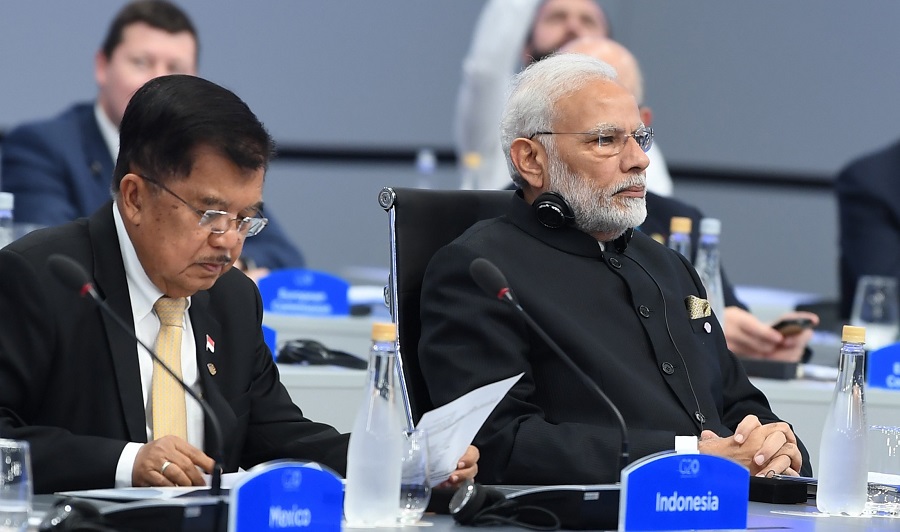
India presented a nine-point agenda at the ongoing G20 summit seeking “strong and active cooperation” among member nations to rein in fugitive economic offenders. Prime Minister Narendra Modi clearly spelt out the points during the session on international trade, international finance and tax systems. The G20 summit being held at Buenos Aires, Argentina.
Modi’s nine-point agenda sought cooperation with other nations in the legal processes that include “effective freezing of the proceeds of crime, early return of the offenders and efficient repatriation of the proceeds of crime”, so that the menace of fugitive economic offenders are dealt with comprehensively and efficiently.
This agenda assumes significance since India has been grappling with a slew of economic offender fugitives that include liquor baron Vijay Mallya, diamond trader Mehul Chowksi, diamond jewellery designer and trader Nirav Modi and the cricket administrator Lalit Modi, among several others.
Here’s the list of Nine Points suggested by Indian Prime Minister Narendra Modi to G20 for action against fugitive economic offenders and recovery of their assets
1. Strong and active cooperation across G-20 countries to deal comprehensively and efficiently with the menace of fugitive economic offenders.
2. Cooperation in the legal processes such as effective freezing of the proceeds of crime, early return of the offenders and efficient repatriation of the proceeds of crime should be enhanced and streamlined.
3. Joint effort by G-20 countries to form a mechanism that denies entry and safe havens to all fugitive economic offenders.
4. Principles of United Nations Convention Against Corruption (UNCAC), United Nations Convention Against Transnational Organized Crime (UNOTC), especially related to “International Cooperation” should be fully and effectively implemented.
5. FATF (Financial Action Task Force) should be called upon to assign priority and focus to establishing international co-operation that leads to timely and comprehensive exchange of information between the competent authorities and FIUs (Financial Intelligence Units).
6. FATF should be tasked to formulate a standard definition of fugitive economic offenders.
7. FATF should also develop a set of commonly agreed and standardized procedures related to identification, extradition and judicial proceedings for dealing with fugitive economic offenders to provide guidance and assistance to G20 countries, subject to their domestic law.
8. Common platform should be set up for sharing experiences and best practices including successful cases of extradition, gaps in existing systems of extradition and legal assistance.
9. G20 Forum should consider initiating work on locating properties of economic offenders who have a tax debt in the country of their residence for its recovery.
